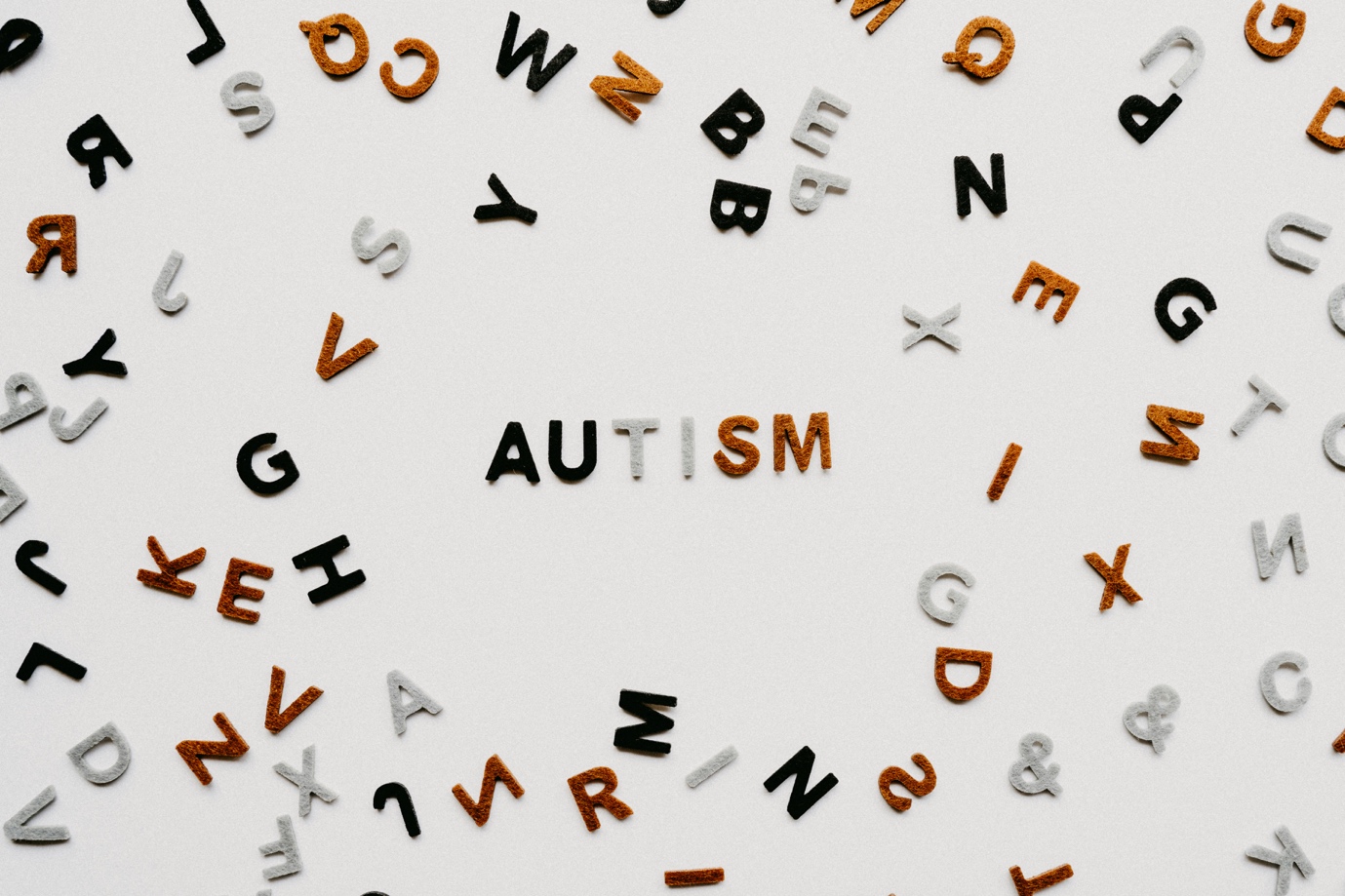What is Neurodiversity
Very simply, neurodiversity refers to how a person’s brain processes information and the environment around them.
Neurodiversity refers to the natural diversity in all human brains and how every individual’s brain is different. Neurodivergence is the term used when someone’s brain processes, learns or behaves differently from what is considered “typical”.
Neurodivergent conditions include: autism, ADHD, or dyslexia.
This term highlights that these differences are a natural and valuable part of human diversity rather than deficits or disorders. By recognising neurodivergence, we acknowledge the unique strengths and challenges individuals with diverse neurological profiles can bring to society, fostering a more inclusive and understanding environment for everyone.
The term “Neurotypical” refers to individuals who do not have autism or other neurodivergent conditions, functioning within what is considered the typical range of neurological and cognitive functioning within our society.
Being neurodivergent does not mean someone has low intelligence; many neurodivergent people are highly intelligent.
Common types of neurodiversity
Individuals who consider themselves to be neurodivergent may have a diagnosis of:
• Autism
• ADHD: Attention Deficit Hyperactivity Disorder
• ADD: Attention Deficit Disorder
• Dyscalculia
• Dyslexia
• Dyspraxia, or Developmental Coordination Disorder (DCD)
We can work with individuals who have a diagnosis, are waiting for a diagnostic assessment or consider themselves neurodivergent without a diagnosis.
Interested in how Occupational Therapy can help you for Adult Services in Kent? Contact us today!



